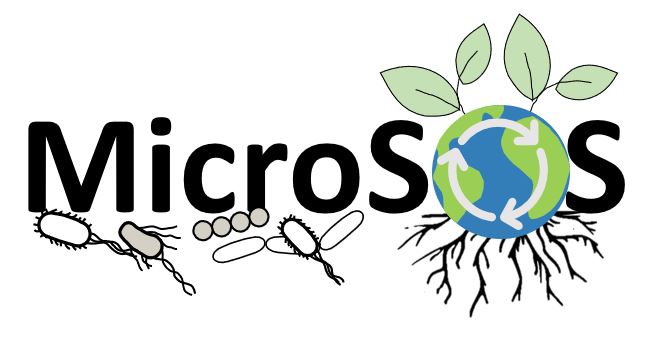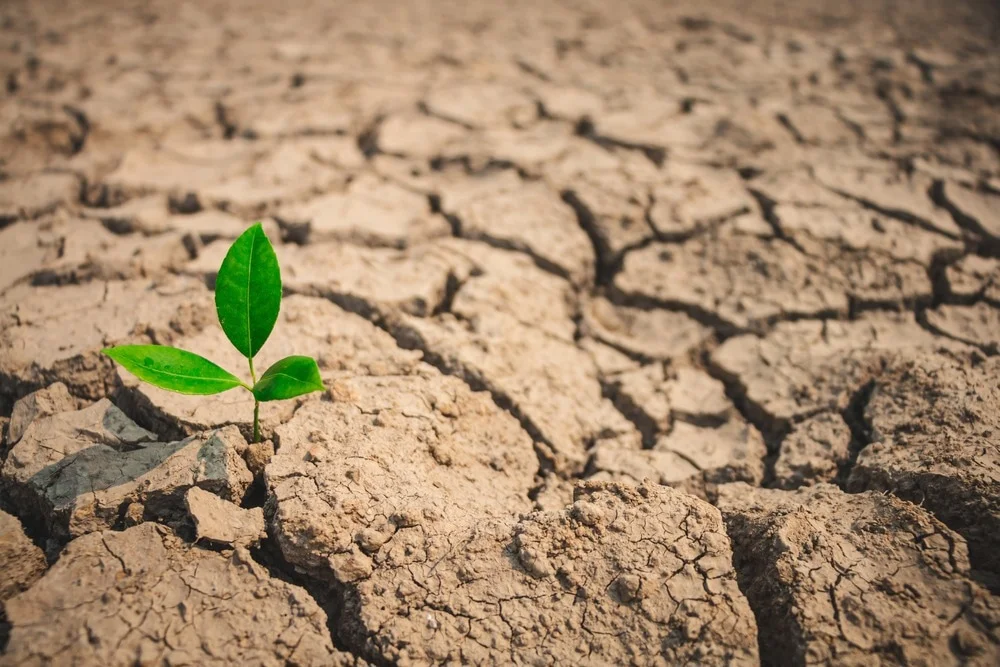
Consortium
Consortium
MicroSOS brings together world-leading research institutions.
Meet all the partners involved.
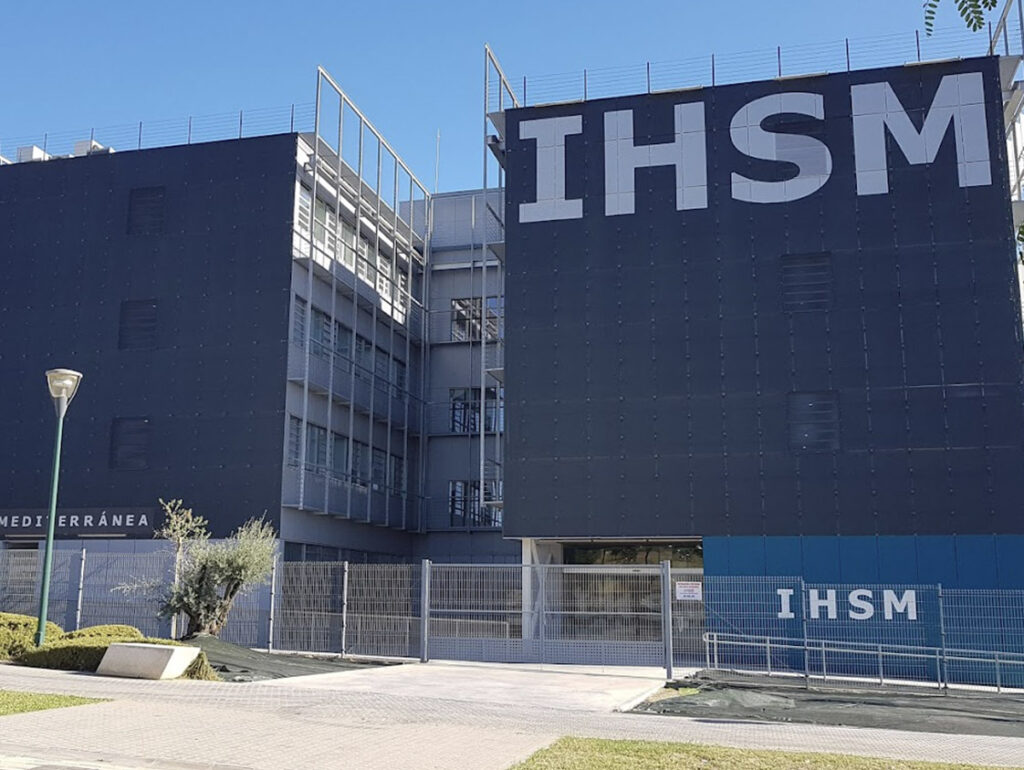
Institute of subtropical and Mediterranean horticulture (IHSM UMA-CSIC) – Spain
In MicroSOS, UMA-CSIC will contribute expertise on Molecular characterization of beneficial bacterial, genomics, metagenomics and meta-transcriptomics of microbial communities living with/within plants, and the development of synthetic communities or new natural products for further application in agriculture.
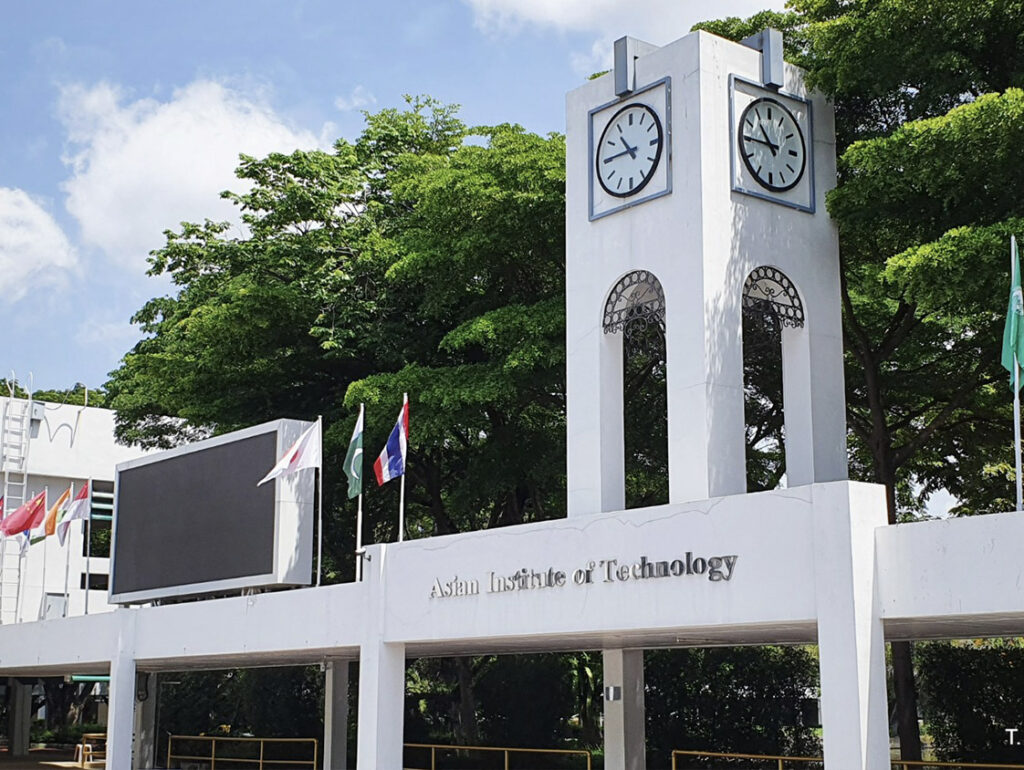
Asian institute of technology (AIT) – Thailand
In MicroSOS, AIT will contribute their expertise on Microbial technology development for GHG mitigation in agricultural soils. GHG investigations in sewage transport networks and wastewater, to manage sewage infrastructure and develop mitigation strategies around microbial drivers of GHG in wastewater.
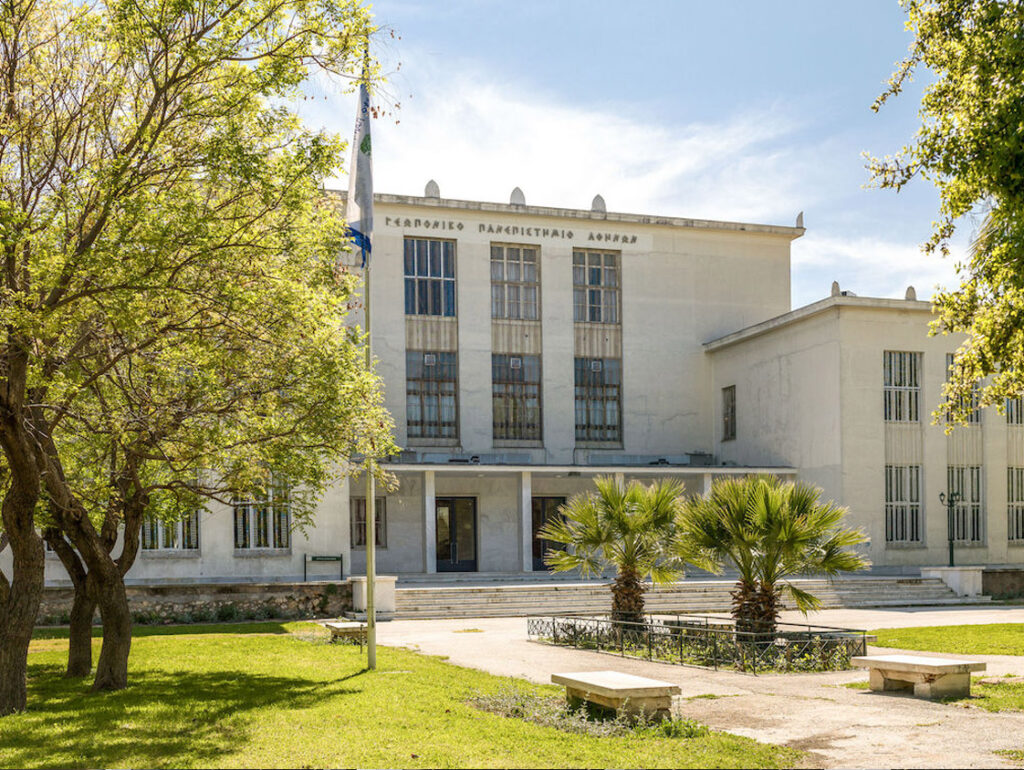
Agricultural University of Athens (AUA) – Greece
In MicroSOS, AUA experienced on basic and applied research in Agricultural Science and Technology will contribute on the interplay between plants, pathogens and the microbiome during disease covering areas such as interaction between iron deficiency and pathogens, model and plant defense mechanisms activated in response to phytopathogens and beneficial microbes.
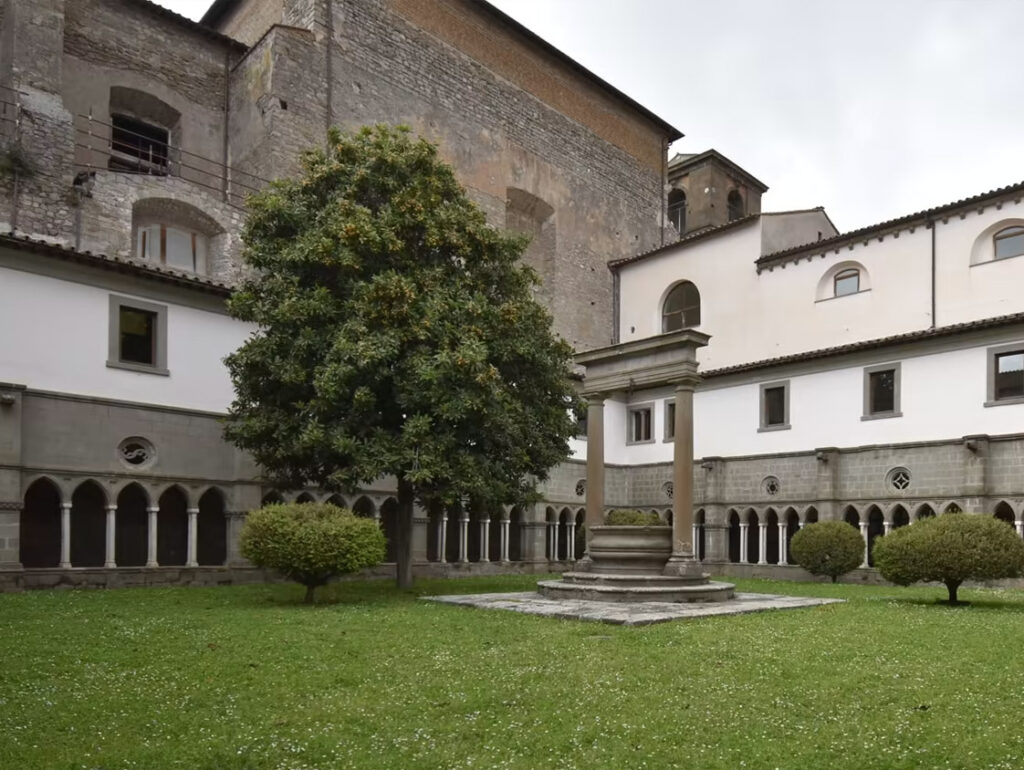
Tuscia University (UNITUS) – Italy
In MicroSOS, UNITUS will contribute on the study of the molecular basis of plant defense mechanisms against biotic and abiotic stress, with particular attention to the role of phytohormones as signal molecules. multidisciplinary approach that sees the integration of omics disciplines, biochemistry, physiology and plant pathology.
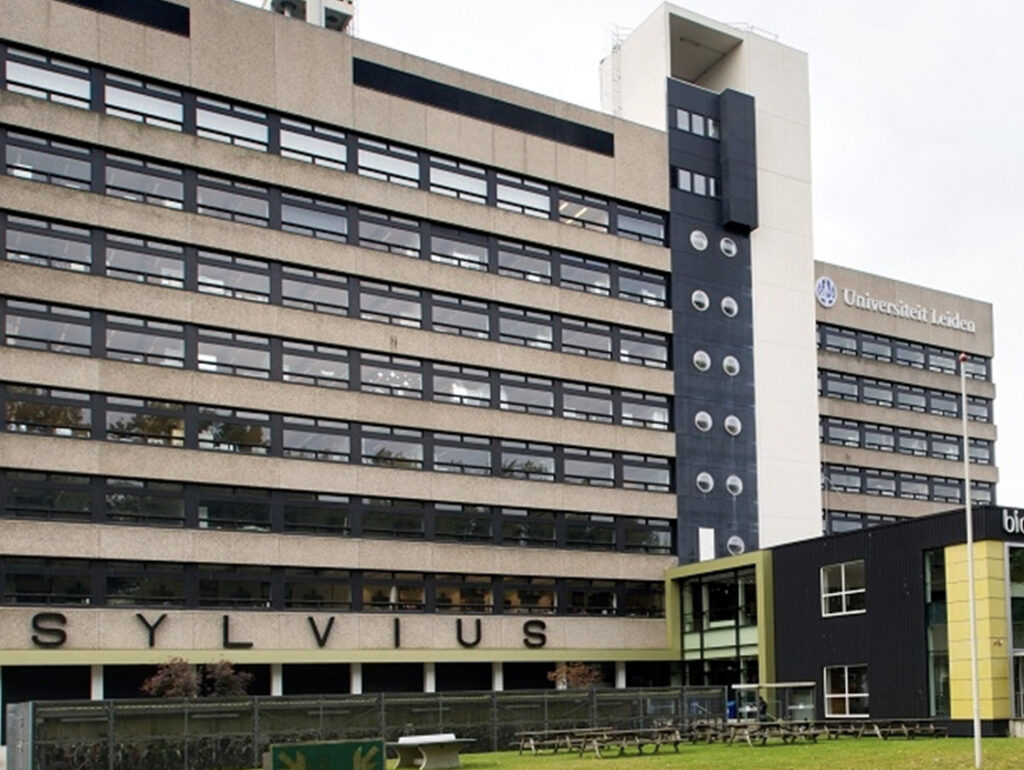
Leiden University (ULEI) – The Netherlands
In MicroSOS, ULEI will contribute with their expertise on Molecular Plant Stress Biology in under drought and salinity. Their work includes analyzing genetic regulation and signaling networks that control stress responses in plants, as well as researching plant metabolism and its adjustments in response to stress conditions. The group is also engaged in developing biotechnological strategies to increase stress tolerance in crops.
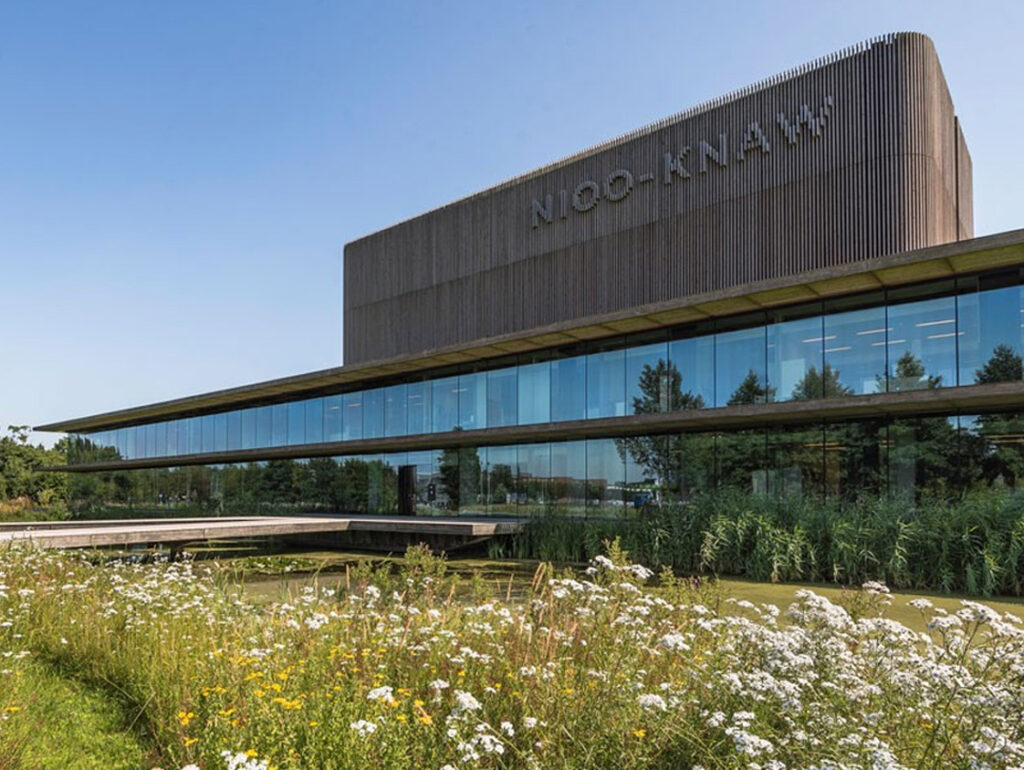
Netherlands Institute for Ecology (NIOO-KNAW) – The Netherlands
In MicroSOS, NIOO team will contribute their expertise plant-microbiome and microbe-microbe interactions, molecular microbiology, chemistry, and community ecology & evolution. In particular, NIOO will be involved in uncovering the impact of plant domestication on the functional diversity of the plant microbiome focusing on two major areas: (i) the role of microorganisms in biogeochemical cycles and greenhouse gas emission and (ii) the ecology and evolution of soil and plant-associated microorganisms.
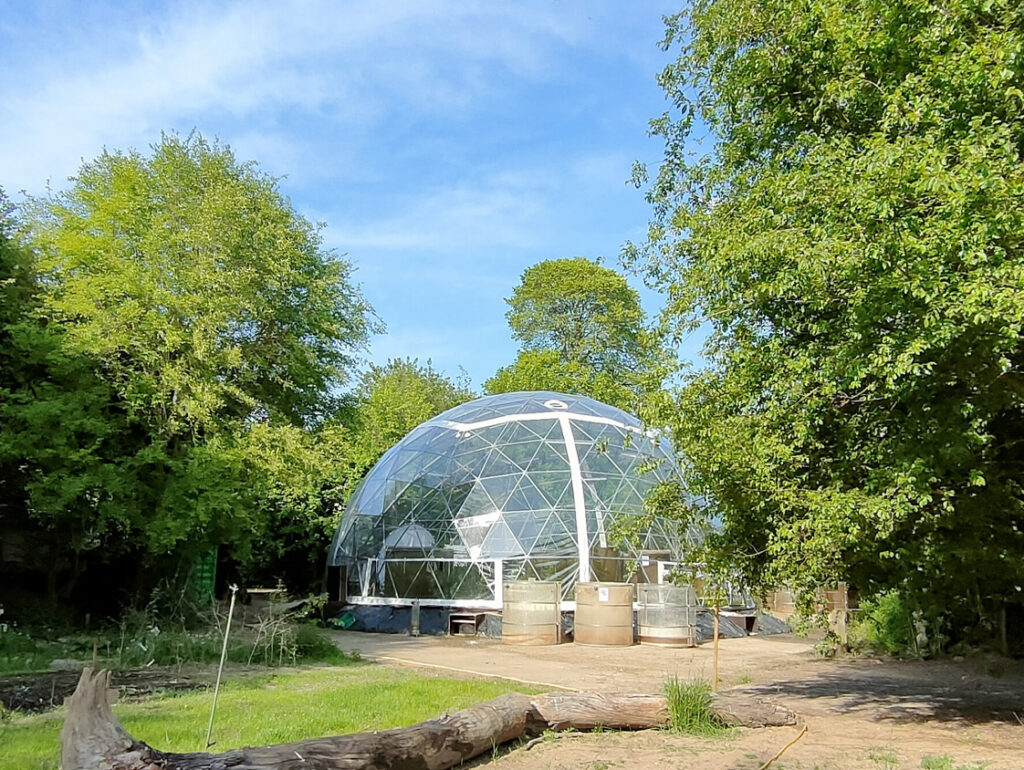
The Weather Makers (TWM) – The Netherlands
In MicroSOS, TWM will contribute their knowledge in the field of holistic water cycle and biosphere restoration, both in water and on land. TWM will provide access to their Eco Oasis Lab in the Netherlands and simulate this system in Spain (Spain). This lab is used as a physical model lab to demonstrate and perform research on the water cycle in its local context, and to provide understanding on building nature to a broader level of stakeholders.
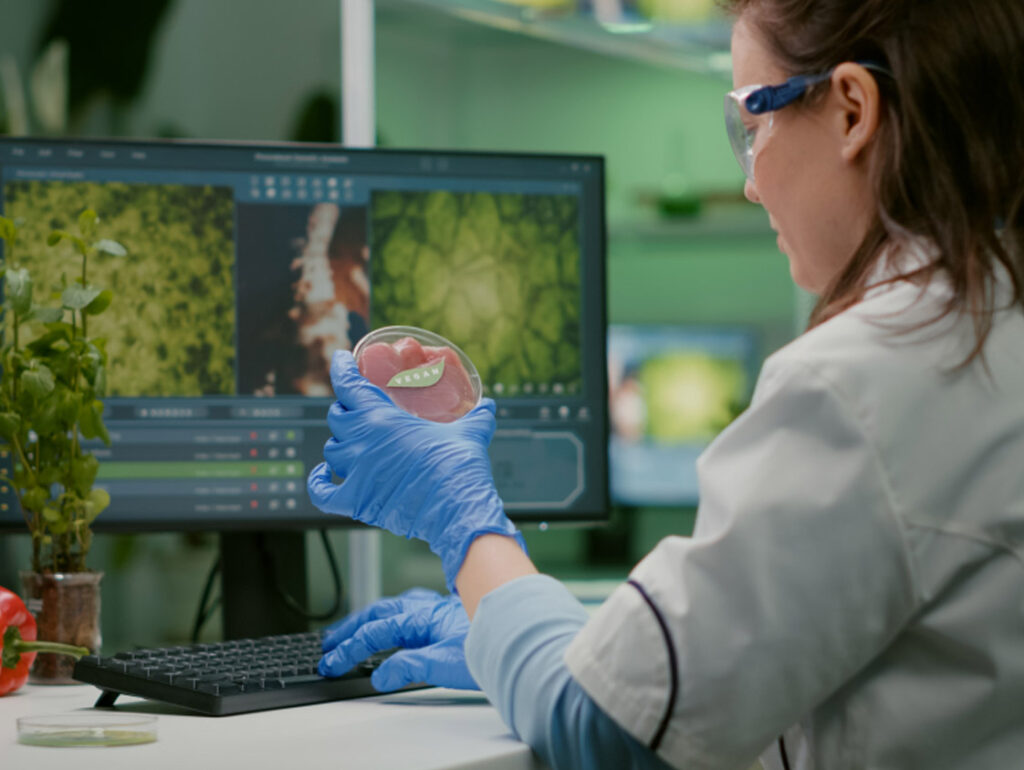
AkiNao – France
In MicroSOS, AkiNaO team will contribute their specialization on chemistry of natural substances for the agricultural and agri-food sectors. We are specialized in the study of secondary compounds using non-targeted metabolomic approaches. Our experience includes deciphering the metabolic responses of plants to pathogen infection or treatments, as well as assessing the meta-metabolome to study the impact and dissipation of biocontrol products in soil or plants.
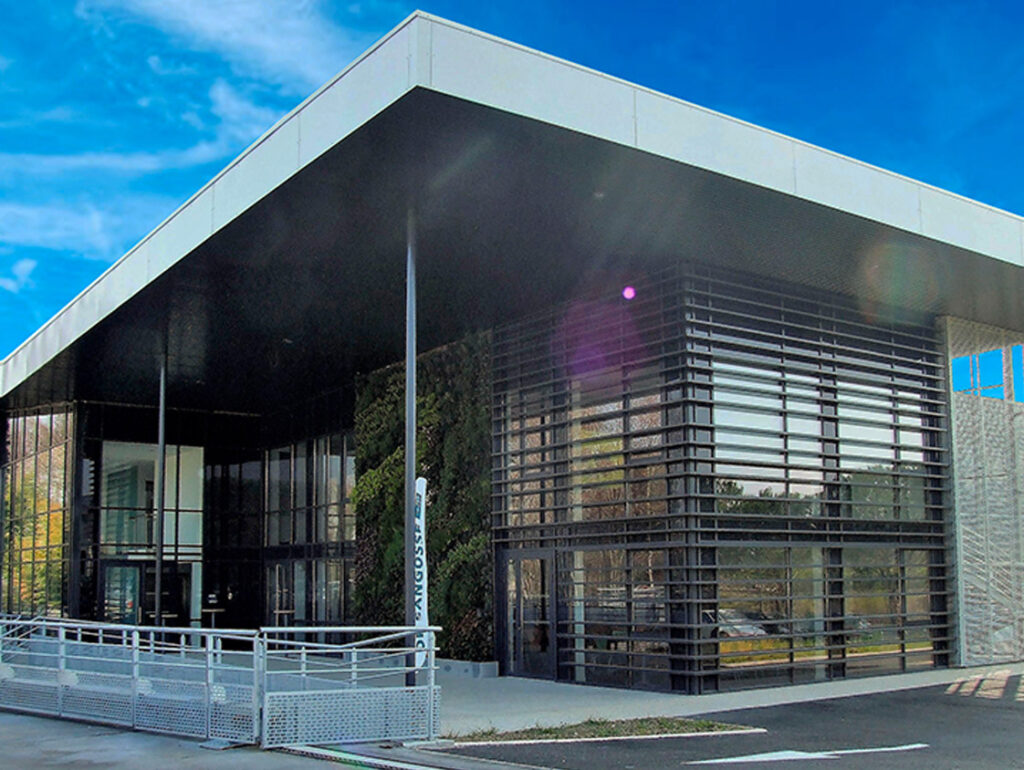
De Sangosse – France
Thomas Rey, Researcher in biocontrol and biostimulant products. He combined expertise in plant genetic, transcriptomic and microbial genomic, metabolomic, cell biology. He can also perform scale-up of microbial fermentation and manage formulation and products efficacy assessment in controlled conditions assays.
